Aggressive people are always coping with issues within themselves. Their aggression, rage, and abusive behavior are driven primarily by unconscious defensiveness. Managing high conflict people can be very difficult. Especially if you’re in a relationship with one, it gets really tough to resolve issues with your high conflict partner. Here are some 7 tips for dealing with aggressive people.
Individuals who are aggressive thrive on provoking and escalating conflict. They’re usually domineering and try to control the conversation. They’re distrustful, reactive, highly defensive, intense, dogmatic, and often, though not always, loud. They’re not open to alternative points of view but are more invested in enhancing their power at your expense than listening to your point of view or even considering the facts.
They feel right and blameless, and you’re the one who is wrong and to blame. Disagreements quickly stray from the issues at hand and turn into personal attacks. They often engage in lying, making threats, false accusations, spreading rumors, or cutting off communication, and some are violent. You likely feel angry or anxious around them.
When you spot signs of such aggressive behavior, it’s best to avoid close relationships with them, because you will eventually be targeted.
What Drives Highly Aggressive People
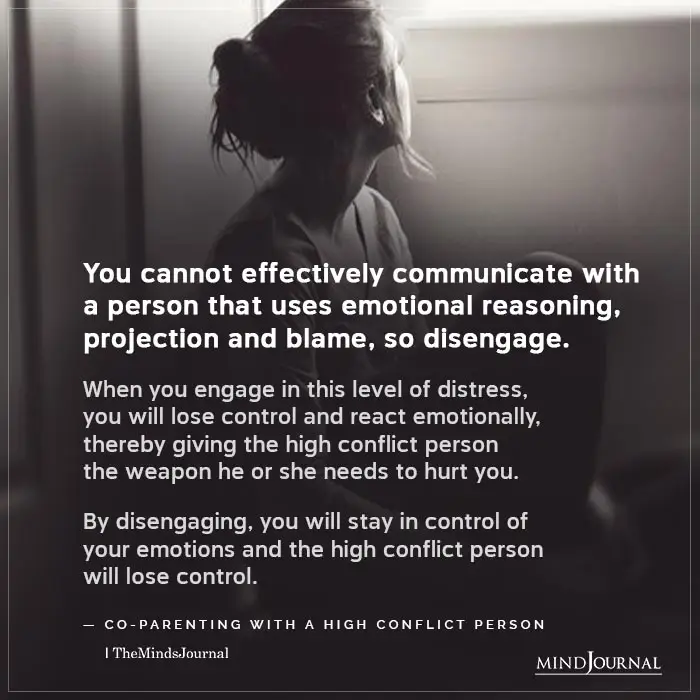
Aggressive people are highly defensive and use aggression as a defense. They don’t like to be vulnerable and open, and they use their aggressive defenses as self-protection. They’re driven to be aggressive by unconscious forces that make them feel insecure.
Basically, they have an inner war going on, but externalize it out into the world. This explains why they might provoke conflict for no apparent reason. The cause has nothing to do with you but what they’re feeling inside. Aggression makes them feel safe and powerful. they’ve suffered trauma in childhood, but heredity may also be a factor.
Many aggressive people have Cluster B personality disorders due to their erratic, dramatic, and emotional behavior. Their personality traits started in childhood, are enduring and resistant to change, and are ego-syntonic, meaning that they cannot comprehend any need to change their behavior or believe they have a problem. They lack insight and think other people should change.
Read: Broadening Our Understanding of Trauma: Why Context Matters
Cluster B includes paranoid, borderline, narcissistic, antisocial, and histrionic personality disorders. People with the first two disorders are driven by fear, fear of betrayal, and abandonment, respectively.
Narcissists and sociopaths are driven by a need for power over others. They’re less likely to seek counseling because they would see it as a weakness and believe other people should change for them. Histrionic individuals are motivated to seek attention.
Telling someone that they have a personality disorder or that they’re a highly defensive person will likely trigger their defensiveness and lead to an attack, or at minimum, more conflict. It’s also pointless because they don’t believe that they have a problem.
Dealing With Aggressive People
While dealing with Highly Defensive People, employ the normal rules of conflict resolution; however, make some adjustments. For example, they usually are not interested in your feelings and may use them to manipulate you.
1. Gain awareness of who you’re dealing with
Observe their behavior and triggers and know your own defenses and
2. Understand that they’re thin-skinned and defensive.
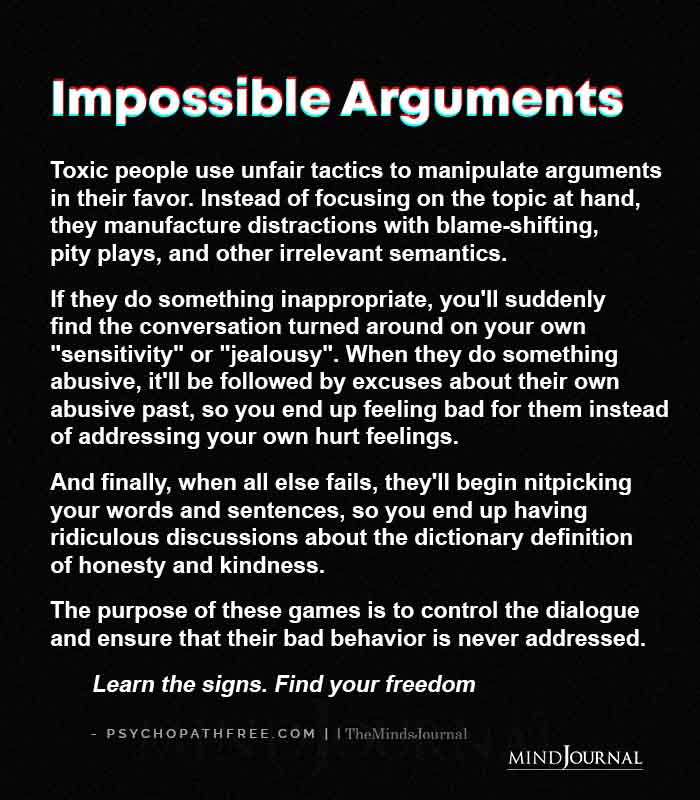
This also means that what they say reflects their insecurity and is not a reflection on you. It’s likely a projection of their inner world. Projection is a favorite defense of abusers. Therefore, detach and don’t take personally any criticism or demeaning remarks. This is not easy and requires self-esteem, but understanding HCP is the key. Learn how to detach.
3. Avoid anything that can be taken as criticism.
These approaches escalate the conflict. With a borderline personality disordered person, avoid words that threaten abandonment. They also like their emotional intensity mirrored to feel taken understood.
Read: Transforming Criticism into Wishes: A Recipe for Successful Conflict
4. Do not placate, make excuses
Try to convince them of your position or justify yourself. These approaches empower them. Instead, be assertive.
5. Express concern for their feelings.
6. Offer options
Offer options rather than only one alternative, so that they feel they have a choice.
7. Do not dwell on past behavior,
Focus on future solutions. Let go of the past.
8. Do let them know
Do let them know the negative impact of their behavior on you, the relationship, or other people. Usually, they’re oblivious to how their aggression affects others.
9. Stay calm
It’s generally advisable to stay calm; however, some individuals, such as those with borderline personality disorders, need to feel that the intensity of their emotions is understood by you matching their intensity. When you’re quiet, they might feel insulted or abandoned.
10. Set boundaries
Set boundaries on abusive behavior in a calm, concise, and firm tone. Be matter-of-fact and take a helpful, non-accusatory tone from the point of view that you want to help the person get what they want, but that their approach isn’t productive.
11. Carry out consequences if boundaries continue to be violated.
12. Avoid dealing with high conflict people.
Ask yourself why you would continue to expose yourself to pain, stress, and denigration.
Get my ebook, How To Speak Your Mind – Become Assertive and Set Limits, and webinar How to Be Assertive. For steps and scripts to setting boundaries with narcissists and difficult people, get Dealing with a Narcissist: 8 Steps to Raise Self-Esteem and Set Boundaries with Difficult People or the Narcissist Quit Kit.
© Darlene Lancer 2022
Written By: Darlene Lancer JD LMFT
Originally Appeared On: What is Codependency
Frequently Asked Questions (FAQS)
What causes high conflict personality disorder?
It is believed that High Conflict personality is related to insecure attachment and childhood trauma. They have an inner war going on but externalize it out into the world.
Can a highly aggressive person change?
A highly aggressive person cannot comprehend any need to change their behavior or believe they have a problem. Highly conflicted people are stuck in their own attacking behavior and can’t focus on changing or resolving their behavior. But cognitive-behavioral therapy can be used to help a high-conflict person.
Can a person be addicted to conflict?
A conflict addict is a person who holds on to their emotional conflicts, instead of resolving them and blames others for their state. They tend to repeat their story of emotional pain to themselves and others, like a broken record to satisfy their addiction.
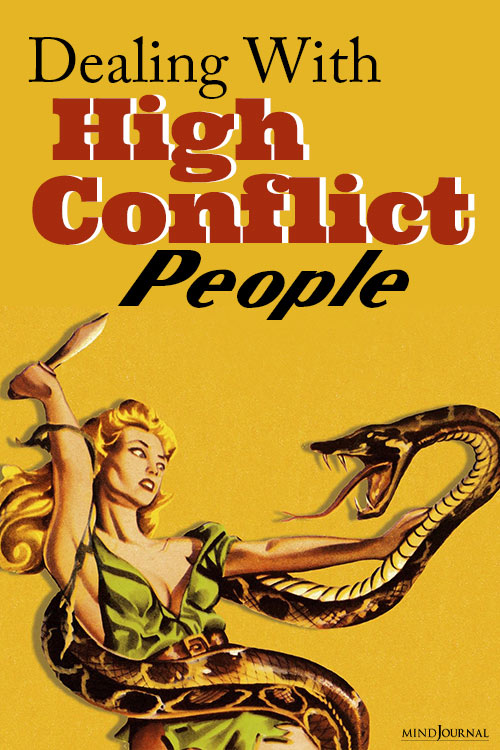


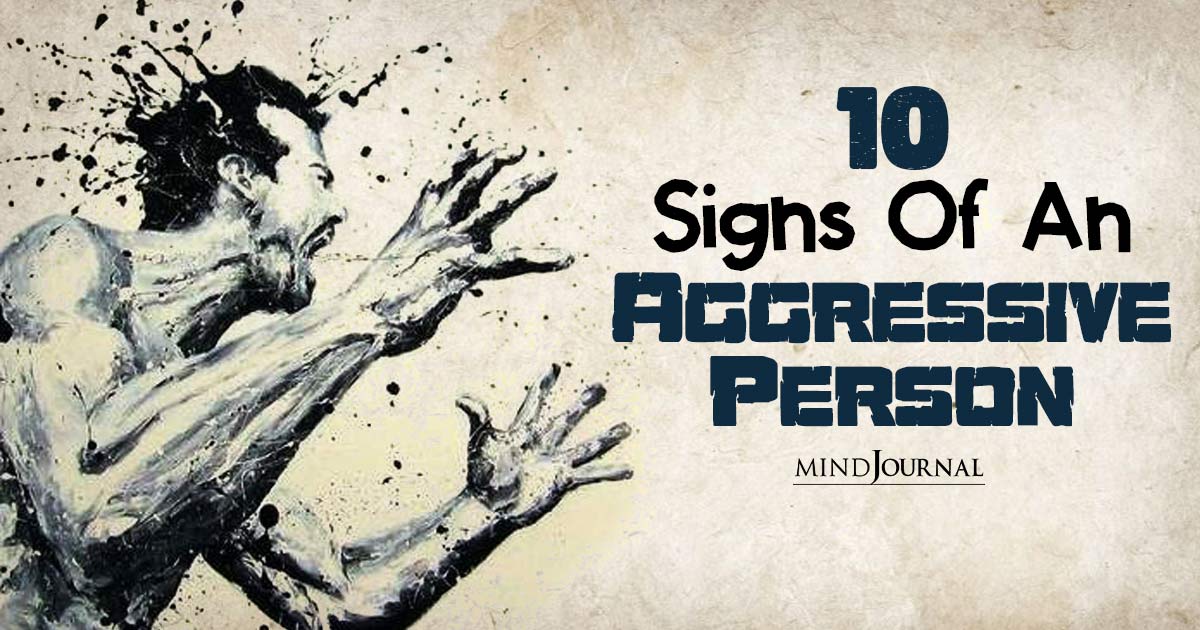
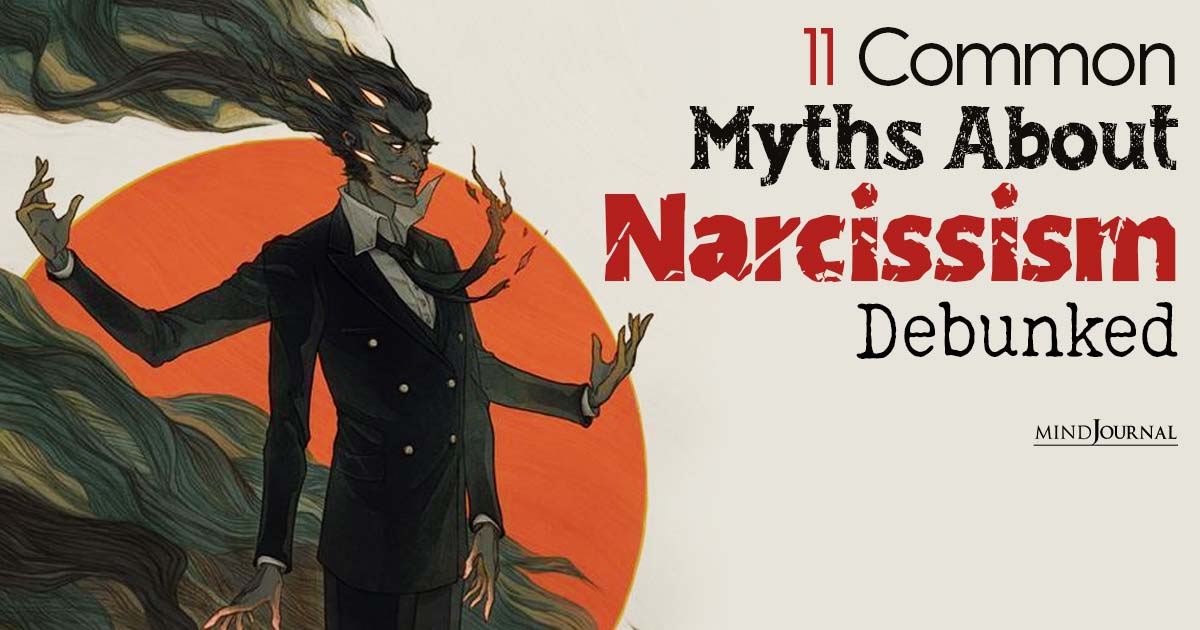

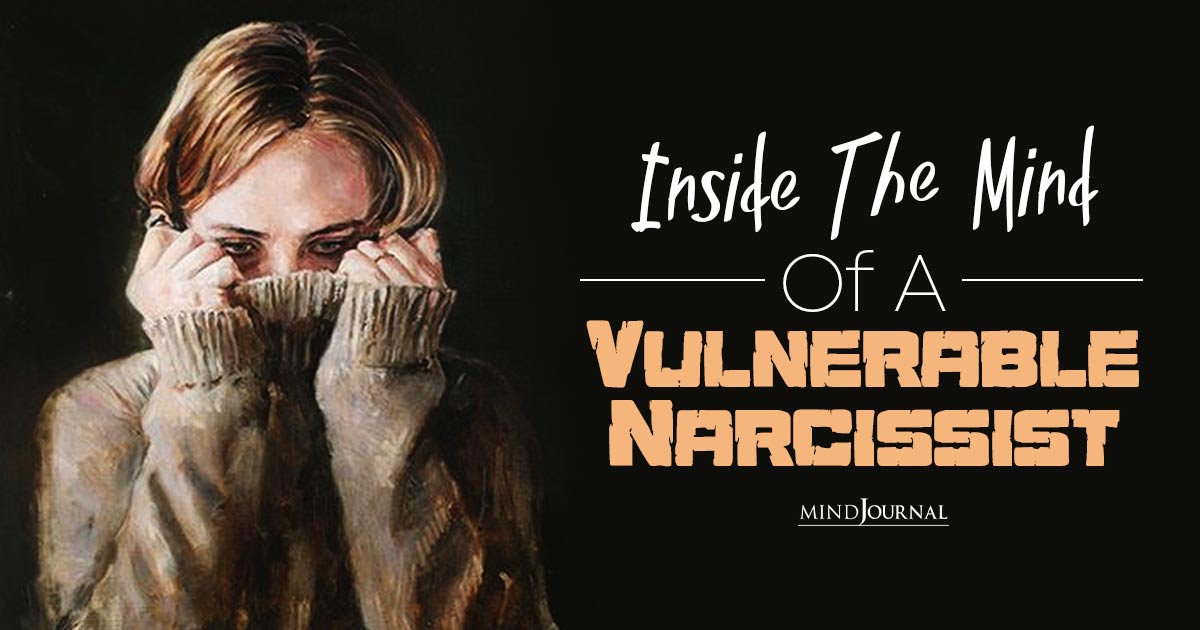

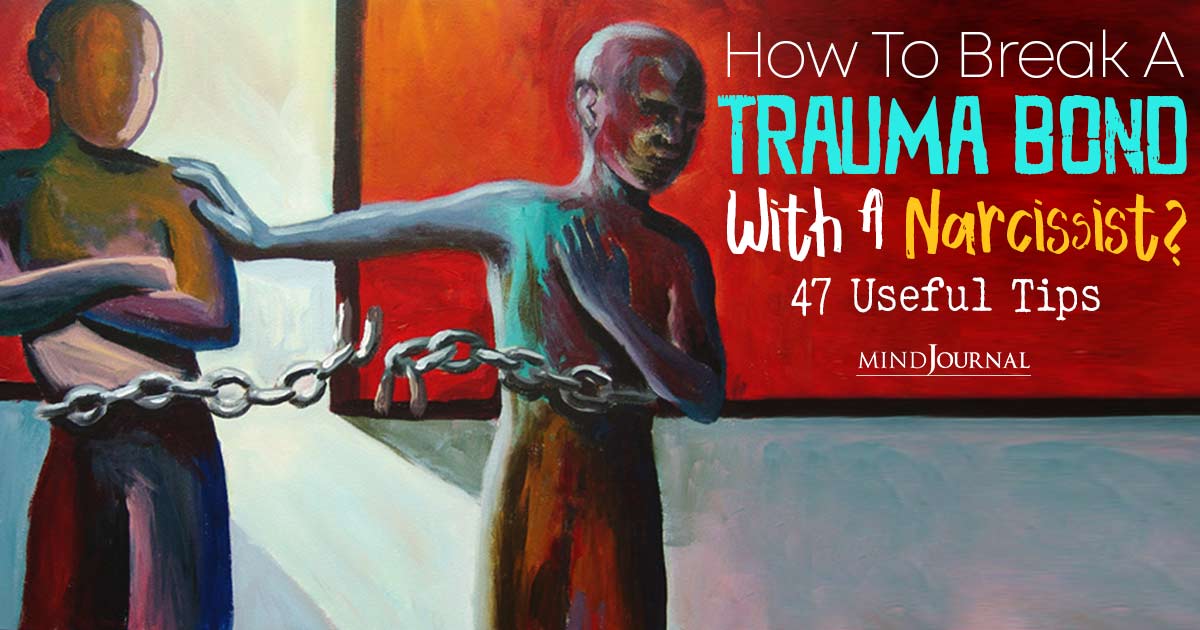
Leave a Reply
You must be logged in to post a comment.